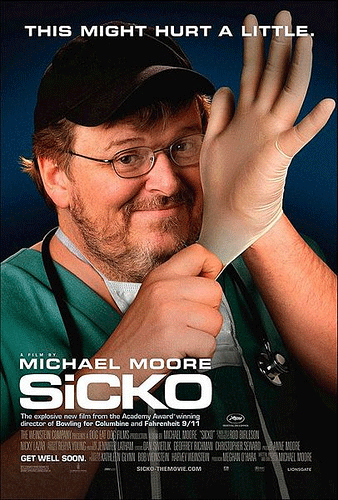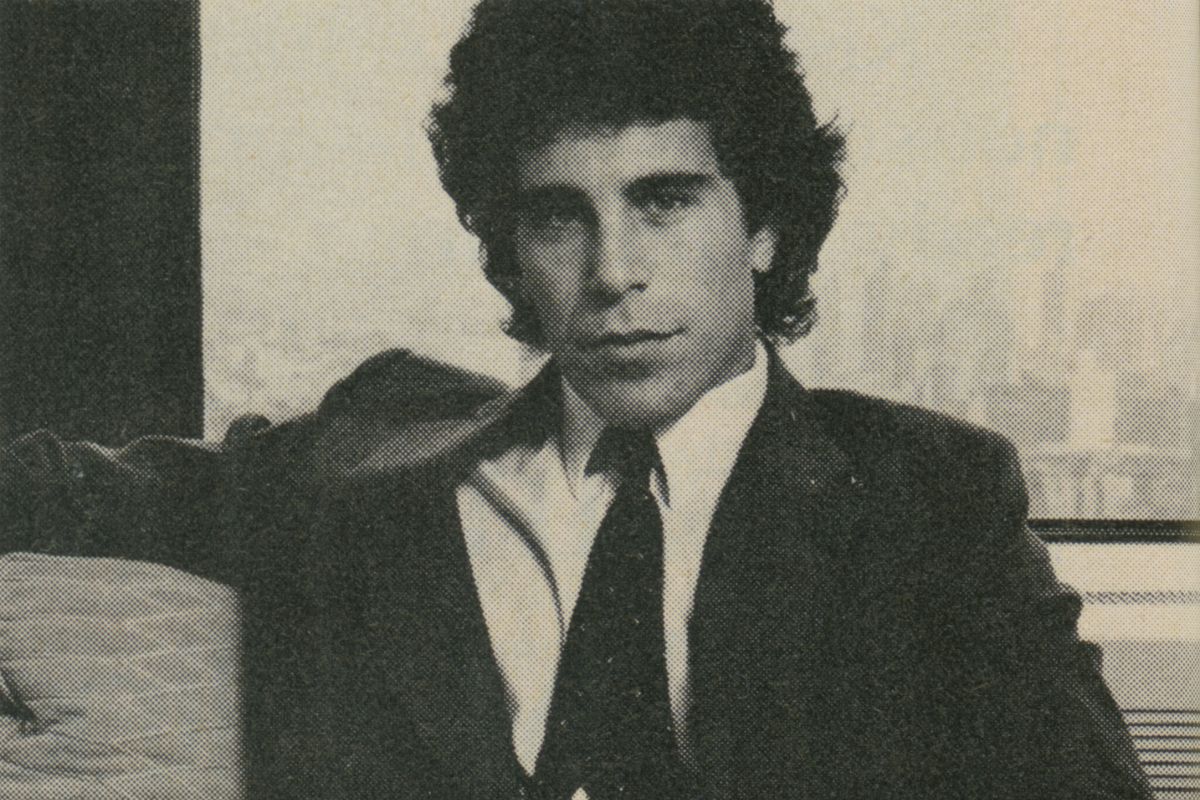 When
When
you watch a Michael Moore film, it doesn’t take long to realise just why the US
bosses find him so irritating and why his films have never been shown on US
mainstream TV.
Moore
takes the US health industry, looks at its ethics and how it operates then
makes comparisons with health services in Canada, as well as Britain and France
– before, horror of horrors travelling to Cuba!
The
differences are staggering. US health care is based on a private enterprise
model of health insurance rather than a universal health care system. Operations
and procedures have to be agreed in advance by insurance clerks. You have to
get permission for travelling in an ambulance, even if you are unconscious!
Sicko
deals with the issue of "exclusions" from health care. It shows how people have
died for want of treatment and how, even in crisis situations. profits come
first and kids’ lives second.
At
the same time, it shows the complicity of the government; the amounts paid by
the Health Management Organisations (HMOs) to Congressmen and senators; the
campaign against Hillary Clinton’s health reforms… and how she was bought off.
Universal
health care is of course a hair’s breadth from Stalinism. Moore captures the
hysterical nature of the American bourgeoisie’s campaign against both, and they
look very similar. Some of the health propaganda is hilarious. Methinks they do
protest too much!
The
film looks at the experience of ordinary American workers, not the poorest
people on subsidised Medicare. It graphically illustrates the individual
tragedies and the gross unfairness of the system. It contrasts the experience
of doctors in the USA and other countries. One US doctor talks about how she
was on a performance related pay scale, where doctors were paid on the numbers
of patients who were excluded from health cover. That’s a bit different to a
British GP getting paid for the numbers of people packing in smoking and
lowering their cholesterol. Maybe that’s why they don’t like Michael Moore.
Or
maybe it’s because of his expose of the treatment that the rescue workers who
have become ill as a result of their work at ground zero, the site of the 9/11
attacks. Many of these workers have suffered terrible respiratory diseases and
Post Traumatic Stress Disorders. Moore takes them to Guantanamo Bay, the only
place on US soil where you can get free health care. After failing to get in, the boat travels to Havana.
Perhaps
the hardest hitting material is the comparison with Cuba. The price of medicine
and healthcare is a fraction of the cost, despite the US spending thirty times more per head on health services.
That’s big news in itself, but the film goes further than that and gives a
great insight into the attitudes of Cuban workers themselves.
This
film is very much aimed at American viewers; it skips over the problems in the
NHS, and comparable systems. But with that in mind it delivers a really clear
message. Tony Benn pops up and makes the very important point that the NHS
exists in Britain because workers fought for it and not even Maggie Thatcher
could destroy it.
I’m
not going to tell you about the footage of Nixon or Ronald Reagan, you’ll have
to go and see the film yourself. One American worker, who saw Sicko, was so
moved that at the end he stood up and asked the other people in the cinema if
they wanted to form a group to fight for a better health care system in the US.
Many agreed.
Here
is a letter Michael Moore put on his website in July:
Thursday, July 26th, 2007
See the Movie, Start the Revolution …a letter from
Michael Moore
Friends,
I am overwhelmed by the response
to "Sicko." And I’m not just talking about all the wonderful,
heart-felt letters you’ve sent me and the stories you’ve shared with me about
the abuse you’ve suffered from our health care system.
No, I’m talking about how
thousands of you are taking matters into your own hands and using the movie to
do something. From Seattle to New England, each day I learn of numerous groups
holding meetings or dinners after the movie to discuss it and to plot a course
for action. A church in Plano, TX took its weekly bible study group to see
"Sicko." 70 people crammed into a Wisconsin coffee shop’s back room.
Groups are plotting over pancakes in Illinois and microbrew in Missouri. E-mail
addresses are being exchanged in theater lobbies. A Connecticut group is
inviting legislators to see "Sicko" and keeping
a tally on their website. Local groups have been buying out
theaters to have special screenings for their members. Information tables are
set up, literature is distributed, action groups are formed.
Don’t miss it!






